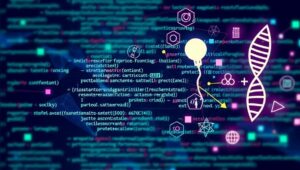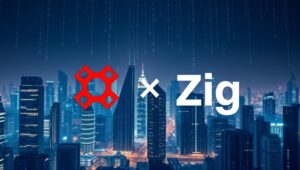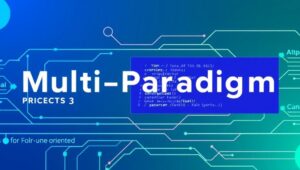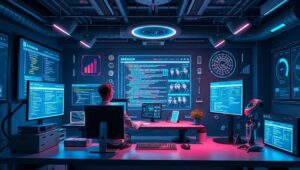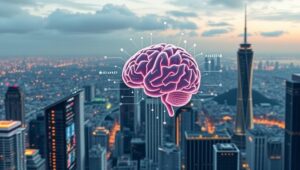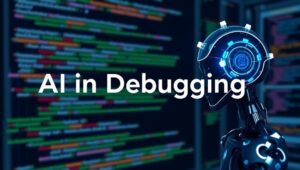May 18, 2025
The Impact of Quantum Computing on Programming Languages (2030+)
The Quantum Leap in Programming: Languages of the Future (2030+) As quantum computing transitions from theoretical possibility to practical application, its impact on programming languages is set to be transformative. By 2030, we anticipate a significant shift in how software is developed, requiring programmers to adopt new paradigms and tools. This post explores the evolving landscape of quantum programming languages and their implications for the future of computation. The Quantum Computing Revolution Classical computers, which power our everyday devices, store information as bits representing 0 or 1. Quantum computers, on the other hand, leverage quantum mechanics to use ‘qubits’. Qubits


